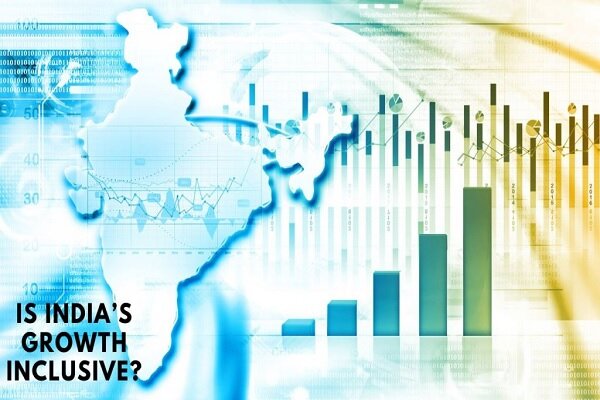
Similar Posts
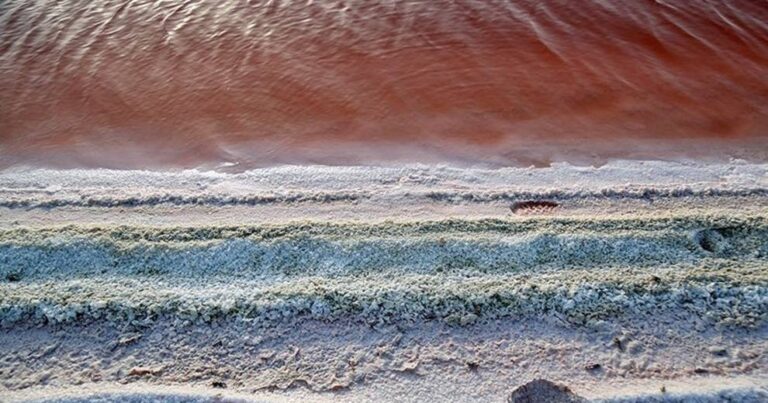
Unveiling Iran’s Lithium Reserves: The Truth Behind the Myths
Recent reports from Iran’s Ministry of Industries have reignited discussions about the country’s lithium resources, leading to misleading claims on social media about Iran’s ranking in global lithium reserves. While significant lithium concentrations have been identified in areas like Qom Salt Lake, actual deposits are much smaller than those of leading producers. An official indicated that Iran’s lithium yield is only about 500–600 tons, contrasting sharply with exaggerated claims of possessing 20% of the world’s reserves. As global lithium demand grows, understanding Iran’s true lithium potential is crucial for investors and policymakers amid ongoing economic challenges.
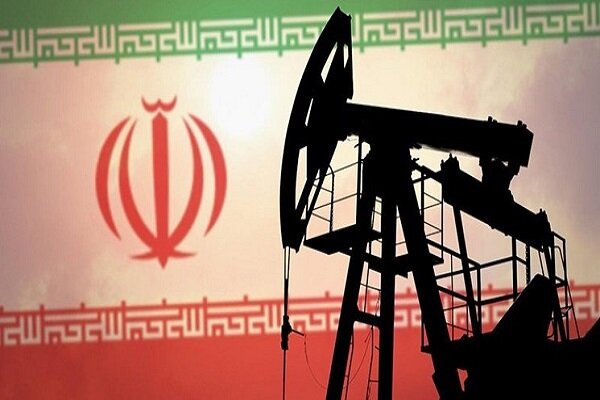
Iran’s Crude Oil Exports to China Soar Amidst US Sanctions
In February, Iranian oil exports to its largest buyer are projected to surge to 1.74 million barrels per day, an 86% increase from January. This rise, driven by new receiving terminals and ship-to-ship transfers, highlights a rebound in Iran’s oil trade. However, geopolitical tensions persist as the Trump administration hints at reintroducing a maximum pressure strategy to reduce Iranian exports significantly. Analysts warn that renewed U.S. sanctions could impact global oil markets, prompting buyers, especially Chinese refiners, to exercise caution. The evolving landscape necessitates close monitoring, as these dynamics will influence pricing and supply chains in the energy sector.
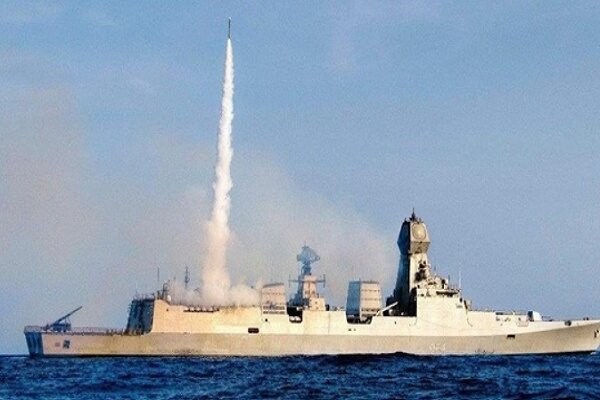
India Strengthens Naval Power: Acquires Advanced Anti-Ship Cruise Missiles from Russia
The Indian Ministry of Defense recently signed a contract with Russia to acquire Anti-Ship Cruise Missiles, significantly enhancing the operational capabilities of the Indian Navy’s submarine fleet. This strategic move highlights India’s commitment to bolstering its defense amid evolving maritime threats. While specific details about the missile types, quantities, and delivery timelines remain undisclosed, the missiles will be integrated with the Kilo-class submarines, improving strike capabilities in the Indian Ocean. This procurement reflects India’s broader strategy to modernize its defense arsenal and maintain a robust deterrence posture against regional threats, reinforcing ongoing defense cooperation with Russia.
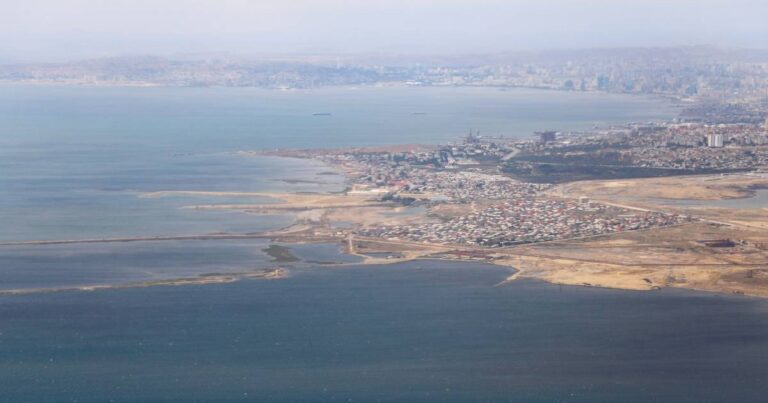
Iran Makes Historic Move: First Caspian Sea Drilling Order in 30 Years
Iran has announced its first drilling order in the Caspian Sea in nearly 30 years, signaling a revival of its exploration efforts. Oil Minister Mohsen Paknejad highlighted the region’s potential, estimating over 600 million barrels of crude oil available for extraction. Currently, Iran is the only Caspian nation not producing oil or gas, while neighboring countries have made significant advancements. Despite historical challenges, including equipment failures and limited foreign investment, Iran aims to enhance its energy independence and economic standing. This move could reshape Iran’s role in the global energy market and attract international investment for offshore projects.
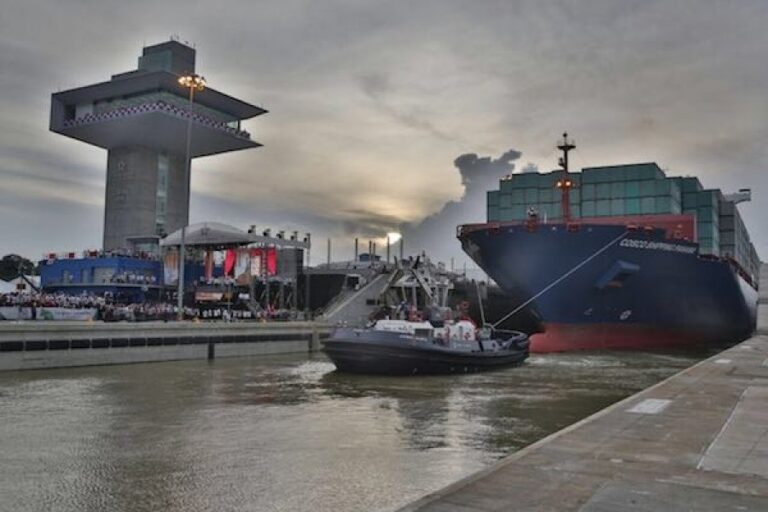
China Affirms Strong Support for Panama’s Sovereignty Over the Panama Canal
A Chinese foreign ministry spokesperson, Mao Ning, emphasized China’s respect for Panama’s sovereignty and the Panama Canal’s status as a neutral international waterway. Responding to U.S. President Donald Trump’s comments about “retaking” control of the Canal, China reiterated its non-involvement in its management and affirmed Panama’s control. Mao’s remarks align with Panamanian President Jose Raul Mulino’s assertion that no major power controls the Canal. China’s position seeks to strengthen diplomatic relations and promote stability, highlighting the Canal’s critical role in global trade and the importance of respecting national sovereignty amidst geopolitical tensions.
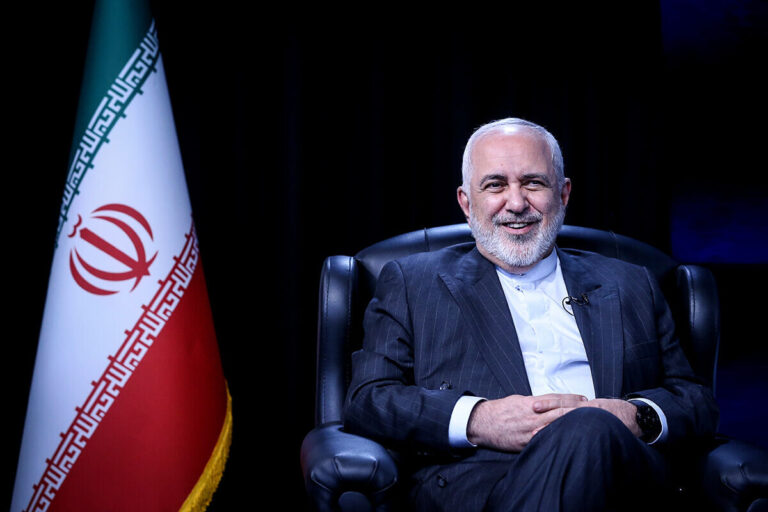
Iran’s VP Zarif Embarks on Diplomatic Journey to Switzerland
Iran’s Vice President for Strategic Affairs, Mohammad Javad Zarif, will attend the 2025 World Economic Forum in Davos from January 20-24. This key event unites global leaders to address pressing issues like geopolitical shocks, economic growth, and energy transition. Zarif’s participation is significant due to his diplomatic background, allowing him to engage in discussions that could enhance Iran’s global presence and promote economic interests. The forum serves as a vital platform for networking, policy development, and sharing insights, with potential long-term impacts on international strategies and cooperation in tackling global challenges.